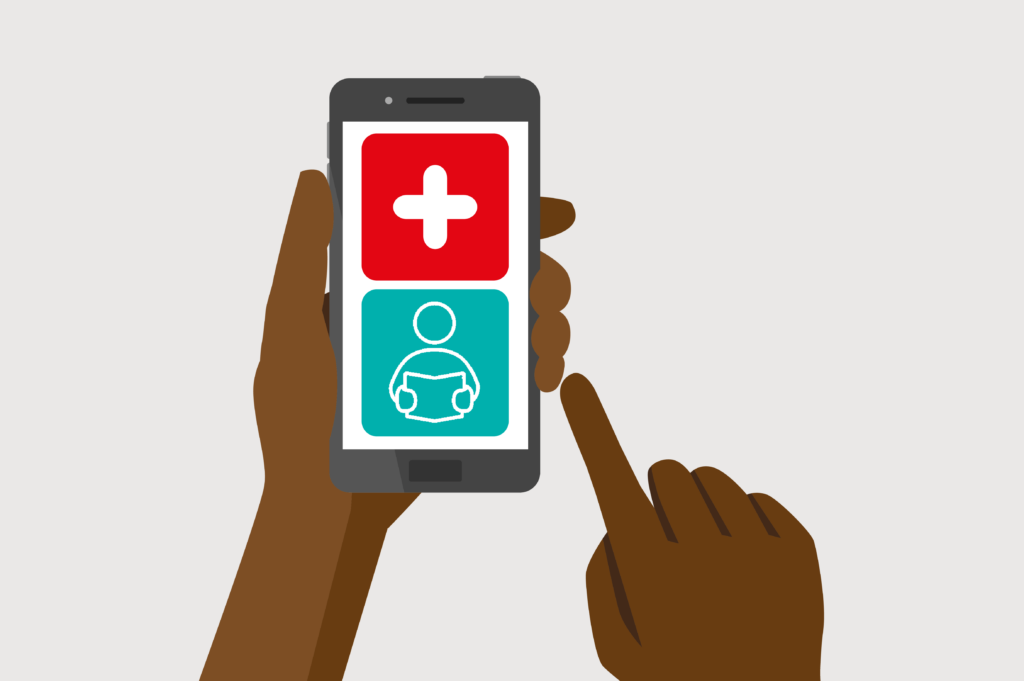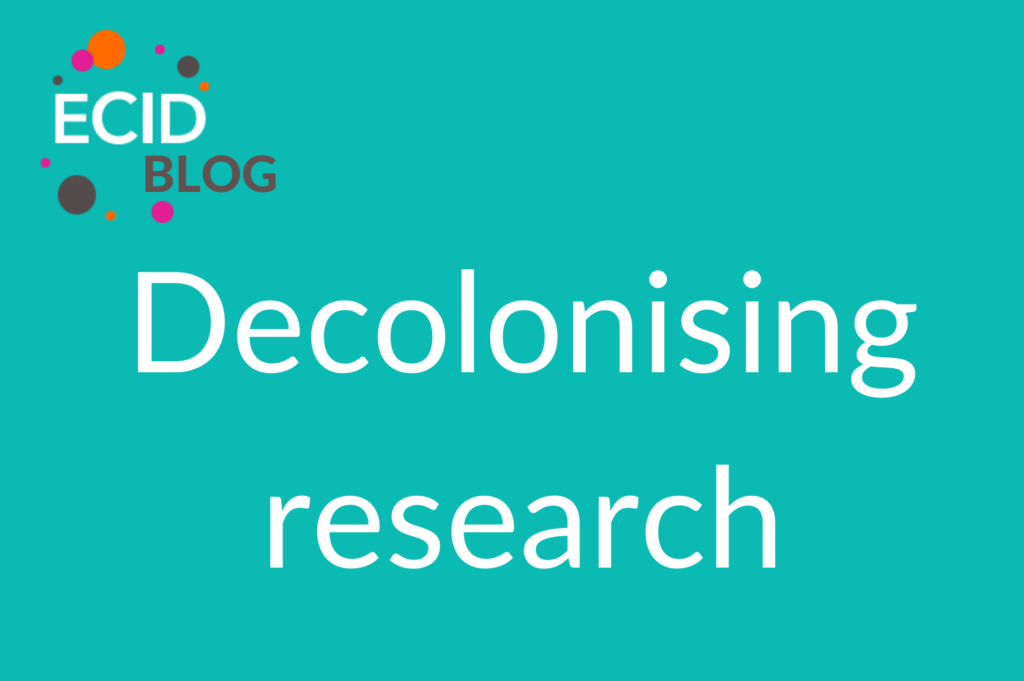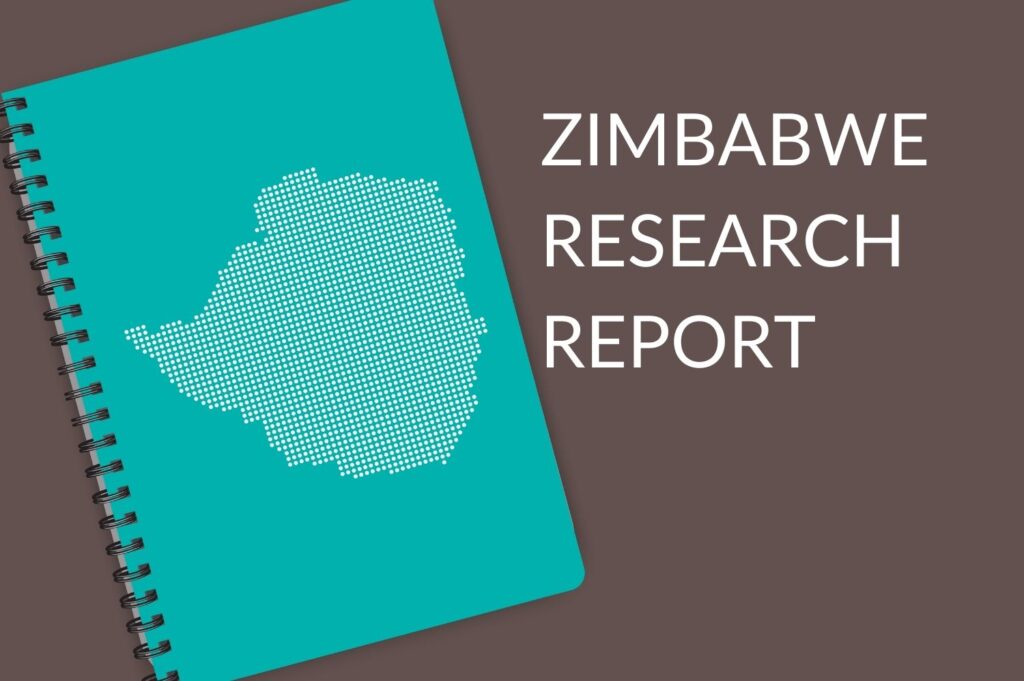Decentralising research in a North-South multi-country partnership – how have we done it so far in ECID?
Dr Kas Sempere works as a research associate on international development at the Open University (DPP), and is affiliated to the Research, Evidence and Learning Team (REL) in Christian Aid. She is the research coordinator for the Evidence and Collaboration for Inclusive Development (ECID) programme.
Many research consortiums and partnerships are financed by global north donors. This often leads to having partnerships that are London, UK or global North driven – from design to implementation. Read on to see how we aimed to address knowledge inequalities in the UK AID-funded ECID consortium.
What is ECID and where does research fit in?
The Evidence and Collaboration for Inclusive Development (ECID) programme is, funded by the UK Government through UK Aid Connect, delivered through a consortium of 9 partners led by Christian Aid, and implemented by in-country partner organisations in Myanmar, Nigeria and Zimbabwe.
As part of ECID, the Learning and Research workstream aims to create research outputs related to ECID objectives. This research wants to contribute to academic knowledge but also to help improve programme practice and carry out evidence-based advocacy within ECID.
Having a research leg in a large NGO-driven programme such as ECID, that is integrating research into large programmes, is pretty new, at least for Christian Aid. We think this has a lot of potential in terms of developing research that has social impact and addresses development challenges (see this resource as an example of earlier work on equitable knowledge partnerships).
How to decentralise research from scratch?
We followed several steps to decentralise research, such as ensuring an equal-footed global network; building a hybrid team of academics and practitioners; designing research together; and decentralising the research budget.
- Developing a global research working team
When the consortium started, ECID only had UK research partners, including the Research Team at Christian Aid UK (REL) and the Open University. However, we were clear that in no way did we want to conduct research ON countries by sending ourselves or global North consultants around, but FROM and WITH the other countries – Myanmar, Nigeria and Zimbabwe. This required building a network we didn’t have. So after some networking and agreements in place, we had the pleasure to integrate the Kachinland Research Centre in Myanmar, the Institute of Development Studies at the University of Nigeria, and the Poverty Reduction Forum Trust in Zimbabwe into ECID.
- Having a hybrid team of researchers and practitioners – towards research for impact
To get research that had quality but was grounded in practice and need, we thought it indispensable to have a hybrid Learning and Research working team. So, together with the research partners, we also included Christian Aid’s country staff from Myanmar, Nigeria, and Zimbabwe.
Research partners were to ensure quality and systematicity in research. In turn, Christian Aid staff complemented with three more roles: 1) ensure that the research was aligned with ECID objectives, 2) facilitate logistics and networking in the fieldwork and institutionally (e.g. government), together with research partners; and 3) ensure that research results are used for practice, policy and advocacy.
The minimum required was to have two core members from each country team – one from the research partner and another one from Christian Aid to keep the academic-practice balance. Additional members could join as long as the core team kept attending meetings throughout the process. Keeping the core team small and with the same members allowed us to be dynamic, and to create trust and a common identity, which is key for honest feedback amongst peers.
- Taking decisions together – the research online forum
In November and December 2020, we ran an intensive six-week online “research forum” to design the research together and set the ground for 2021. Each week we would discuss an aspect of the research process including research objectives; research questions; literature reviews; data collection and analysis; research communications; and ethics, budget and timeline. We added some 30 min “theory pills” to warm us up on each topic, for instance, what a good research question looks like. Between meetings, we would write up a section in our respective research proposals related to each week’s topic.
Each of the country teams – formed by Christian Aid and the research partner – decided on their specific research questions, methods, and timeline. The forum served to standardise certain aspects of the research so that it stayed as a truly multi-country research endeavour rather than separate country research pieces working in parallel. For instance, it was important to have an umbrella multi-country research question but also national research questions relevant for each country context. Having a forum also ensured that all country representatives could comment on each other’s work, rather than London doing so bilaterally with each global South country.
By January, we had four research proposals ready – one per country prepared by the research partners, with Christian Aid’s support, and a country comparative study based on country results prepared by REL and the OU in the UK.
The forum at that time represented a substantial time investment for all of us. However, by clarifying the research interests, purpose, questions and methods together, we knew we were saving ourselves time and misunderstandings in the future. No worries! Forum meetings moved to be monthly in 2021!
- Decentralising budgets towards the global South
The initial budget had most of the research money assigned to UK partners. While there were limitations to changing budget lines, we had agreement to direct more financial resources to the research partners in Myanmar, Nigeria and Zimbabwe than those originally assigned. Having the four research proposals ready and having them reviewed by critical friends at the ethics panel helped in ensuring that move was justified.
Interested in the story?
We want to hear from you. Are you an NGO, research institute or university interested in decentralising research partnerships? Share your thoughts, and initiatives on the comments!
For more info, browse our ECID research webpage, with videos, docs and other blogs or contact info@evidenceforinclusion.org



